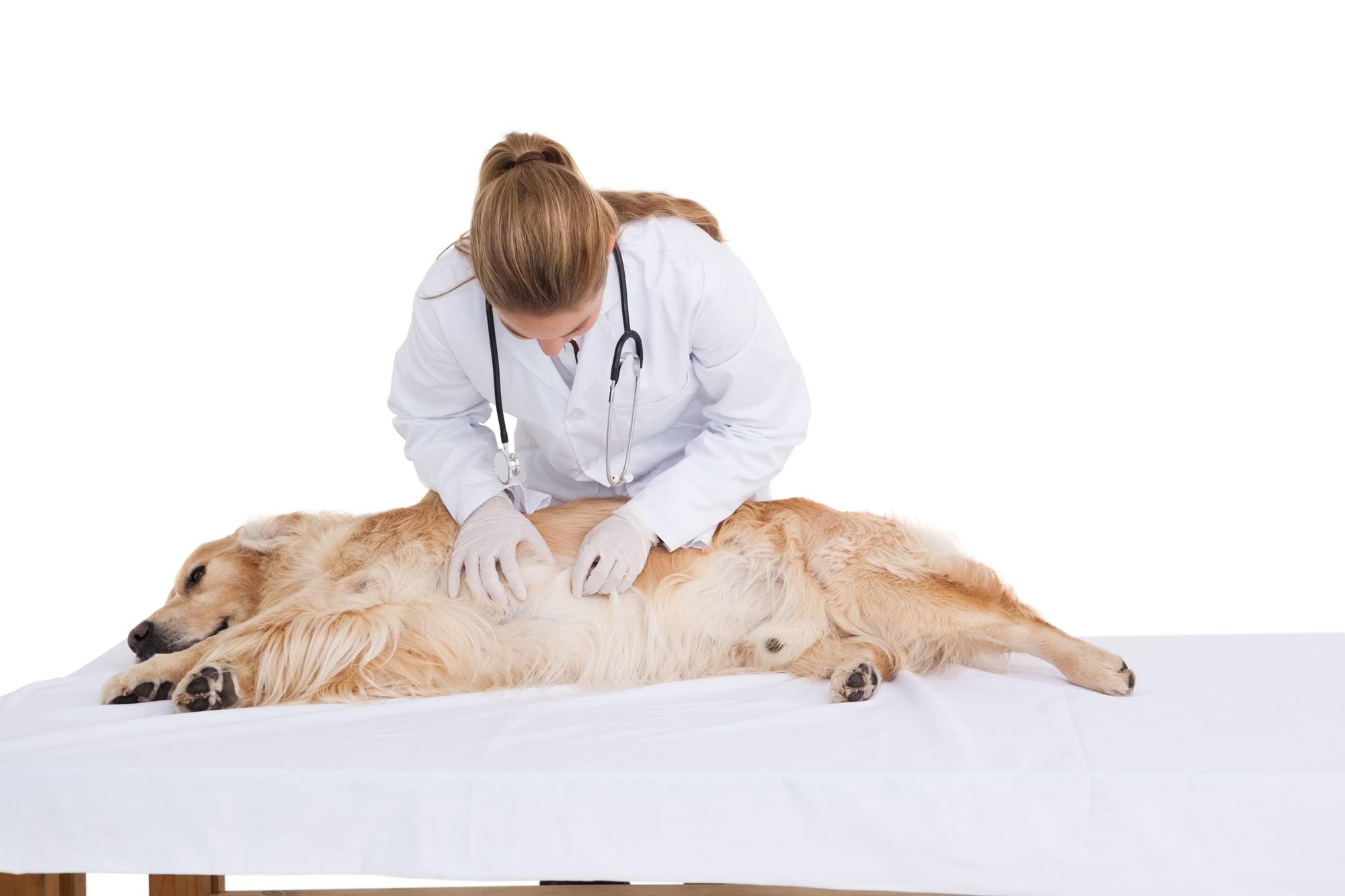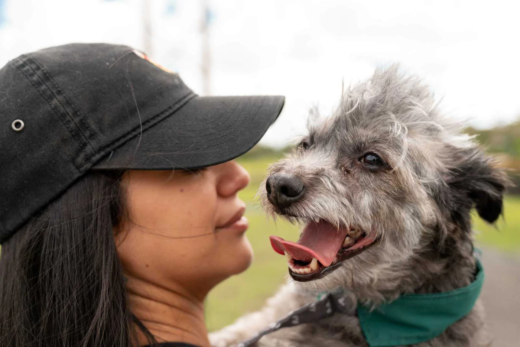
Does your dog struggle with digestive upset? This article will look at a few of the most common causes, when to seek immediate veterinary attention, as well as some natural remedies for dogs with mild tummy aches.
Symptoms of Stomach Problems in Dogs
Signs that your dog is having some gastrointestinal discomfort of any kind are important to pay attention to. Of course, symptoms of GI issues in dogs can range from mild to severe and be either predictable or intermittent.
Be sure to take good notes when you notice any of the following symptoms in your dog. Note the time of day, any changes in diet, and be sure to investigate your dog’s stool. These notes can be very important when it comes to giving your vet the clues they need to make a prompt and accurate diagnosis.
Symptoms of GI upset in dogs can include:
- Changes in appetite and/or water intake
- Vomiting
- Diarrhea
- Sensitivity to being touched in the abdomen
- Constipation or straining while pooping
- Excessive gas
- Weight loss
- Dry heaving or gagging
- Drooling or “swallowing air” or “air licking”
- Changes in bowel movements including frequency or time of day
- Suddenly having accidents in the house
- Fatigue or other changes in desire to do things
- Excessive or unusual stretching of the abdominal area
When to Call the Vet for a Dog with an Upset Stomach
Just like with people, a dog stomach ache may come and go in a day or even in a few hours. You don’t always have to drive your dog to the emergency vet just because they have a bit of tummy trouble.
However, some dog digestive problems can indeed be an emergency situation and others require veterinary treatment to get better.
Take your dog to the vet IMMEDIATELY if you see the following symptoms:
- A swollen or hard belly
- Dry heaving, particularly after a large meal or exercise
- Severe pain and discomfort in the abdomen
- Panting and restlessness accompanied by pain and distress
- Blood in the vomit or in the stool
- You suspect your dog may have eaten dangerous plants, chemicals, drugs, or poisonous foods such as chocolate
- Your dog has swallowed something indigestible such as a child’s toy
- Extreme weakness or collapse
- Your dog’s rectal temperature is elevated above 102 degrees F
Call your vet to see if a visit is warranted if you see the following symptoms:
- Diarrhea or vomiting that lasts more than 24 hours
- Mild pain, discomfort, or sensitivity in the stomach lasting more than 24 hours
- Unwillingness to eat for more than 24 hours
- Lack of bowel movement for more than 24 hours





